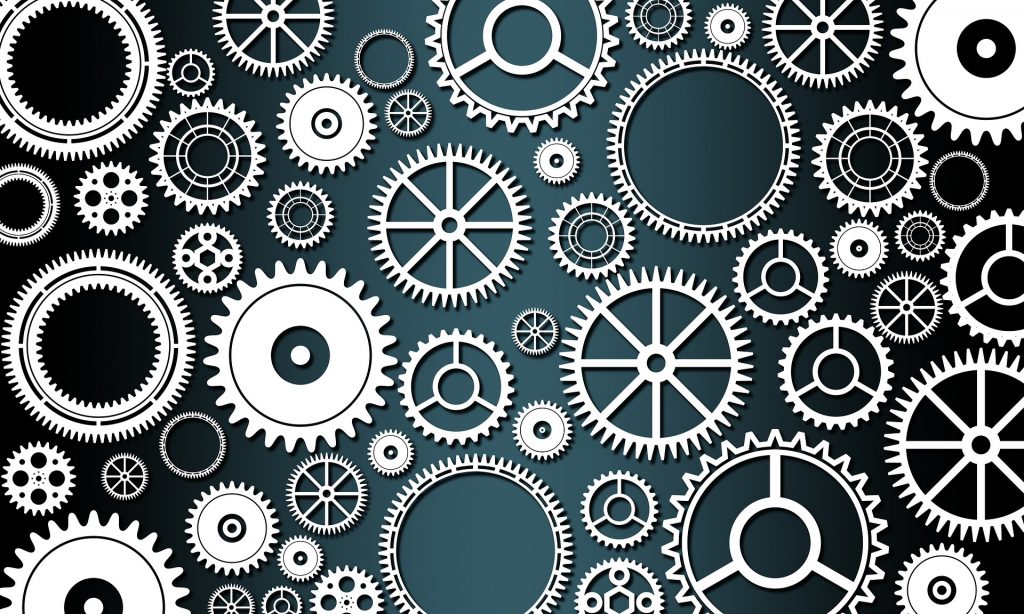Description: The conference is devoted to clarify the question as to what role modality plays in theories of physics. Has our physical world an irreducible modal aspect? Are there modal properties, entities or other conceptual tools which are indispensable in understanding physical theories? If these elements are dispensable, does adding modality help to interpret these theories? If so, what kind of modal components constitute the conceptual bases of the different physical theories? Specifically, the conference intends to investigate the following questions:
- Do we need modally-rich analyses of laws of nature?
- If so, how to construct them? Is there any general reason to introduce modality in a physical theory?
- Does modality play a role in classical physics?
- Does statistical physics require modal notions?
- Do we need modal conceptual tools to understand spacetime theories? Do quantum theories bring in any modal element?
- What are the sources of modality in physics? (e.g. symmetries, indeterminism, initial value problem)
Date: June 11-13, 2018
Venue: Faculty of Philosophy, Jagiellonian University, Grodzka 52, Kraków, Poland
Invited speakers:
- Guido Bacciagaluppi (Utrecht University)
- Andreas Bartels (University of Bonn)
- Mauro Dorato (University of Rome 3)
- László E. Szabó (Eötvös University, Budapest)
- Samuel C. Fletcher (University of Minnesota)
- Balázs Gyenis (Research Centre for the Humanities, Budapest)
- Barry Loewer (Rutgers University)
- Tim Maudlin (New York University)
- Thomas Müller (University of Konstanz)
- Stephen Mumford (Durham University)
- Oliver Pooley (University of Oxford)
Organizers:
- Tomasz Placek (Jagiellonian University, Kraków)
- Gábor Hofer-Szabó (Research Centre for the Humanities, Budapest)
- Joanna Luc (Jagiellonian University, Kraków)
Schedule:
Monday
9-9.30: coffee, cakes, other goodies
9.30-9.45: Opening: Michał Heller (Copernicus Center), Jerzy Gołosz (Chair, Philosophy, JU)
9.45-10.45: Tim Maudlin (New York) – A Modal Free Lunch
10.45-10.50: short break
10.50-11.50: Barry Loewer (Rutgers) – Best systems Accounts of Scientific Modalities and Properties
11.50-12.05: long break
12.05-13.05: Balázs Gyenis (Budapest) – Towards new notion(s) of physical possibility
13.05-14.45: lunch
14.45 -15.45: Gábor Hofer-Szabó (Budapest) – Noncommuting common causes and modality
15.45-15.50: short break
15.50 – 16.35: Márton Gömöri (Budapest) – On the Role of Statistical versus Single-Case Dependencies in Einstein’s Incompleteness Arguments
16.35 -16.50: long break
16.50 – 17.35: Aldo Filomeno (Prague) – Statistical necessity without a guiding dynamics
17.35 -17.40: short break
17.40 – 18.40: Michael Stöltzner (South Carolina) – Possible worlds and random walks. The principle of least action as a thought experiment
Tuesday
9.30 – 10.30: Guido Bacciagaluppi (Utrecht) – Causation as Emergent Phenomenon: A case study
10.30-10.35: short break
10.35 – 11.35: Stephen Mumford (Durham) – Causation in Quantum Mechanics (with Fredrik Andersen and Rani Lill Anjum)
11.35 – 11.50: long break
11.50 – 12.35: Marek Woszczek (Poznań) – Quantum Contextuality and the Time Symmetric Causal Powers
12.35 – 14.15: lunch
14.15-15.15: Mauro Dorato (Rome) – The early modern origin of the modal conception of the laws of nature
15.15-15.20: short break
15.20 – 16.20: Andreas Bartels (Bonn) – Explaining the Modal Force of Natural Laws
16.20 – 16.35: long break
16.35 – 17.35: Samuel Fletcher (Minnesota) – Counterfactual Reasoning within Physical Theories
17.35 – 17.40: short break
17.40 – 18.40: László E. Szabó (Budapest) – Intrinsic, extrinsic, and the constitutive a priori
Wednesday
9.30 – 10.15: James Read (Oxford) – Explanation, geometry, and conspiracy in relativity theory
10.15 – 10.20: short break
10.20 – 11.20: Oliver Pooley (Oxford) – Modality and the Hole Argument
11.20 – 11.35: long break
11.35 – 12.20: Tomasz Bigaj (Warsaw) – What kind of de remodality does the spacetime substantivalist need?
12.20 -12.25: short break
12.25 – 13.25: Thomas Müller (Konstanz) – Anchoring the present in space-like modal correlations
13.25 – 15.15: lunch
15.15 – 16.15: Joanna Luc (Kraków) – Generalized manifolds as basic objects of General Relativity
16.15 -16.20: short break
16.20 – 17.20: Tomasz Placek (Kraków) – Models for Modal Indeterminism
Book of abstracts: here
- Matematyczny instynkt? O wrodzonych podstawach i wczesnej ontogenezie kompetencji numerycznych i geometrycznych - 23 kwietnia 2025
- Radosnych i spokojnych Świąt Wielkanocnych - 18 kwietnia 2025
- XVIII Warsztaty Filozofii Przyrody. Gniezno, 12-15 czerwca 2025. Zaproszenie - 16 kwietnia 2025


